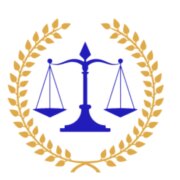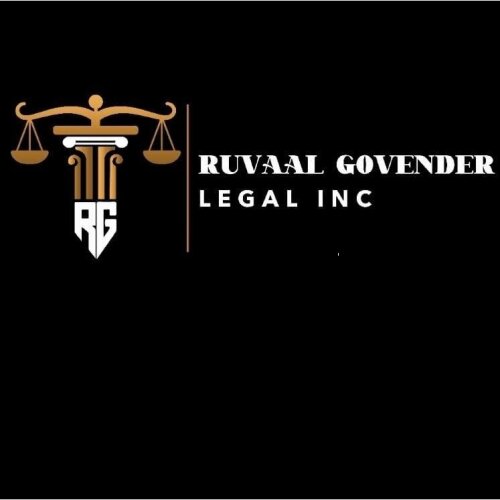Best Debt & Collection Lawyers in Durban
Share your needs with us, get contacted by law firms.
Free. Takes 2 min.
List of the best lawyers in Durban, South Africa
About Debt & Collection Law in Durban, South Africa
Debt and Collection law in Durban, South Africa is in place to regulate the way in which debts are collected from consumers. These laws are governed both by the country's National Credit Act (NCA), and by the Consumer Protection Act (CPA). They lay out rules that debt collectors have to adhere to when attempting to reclaim debts, as well as protections for consumers from aggressive or unreasonable debt recovery actions. They also establish provisions for over-indebted individuals to seek legal interventions such as debt review or administration.
Why You May Need a Lawyer
You may require the services of an attorney if you find yourself dealing with unpaid debts and are facing actions from collection agencies or credit providers. Legal advice can be crucial when you are summoned to court, in the process of restructuring your debt, or if you believe your rights as a debtor are being infringed. A lawyer can assist in understanding your rights, negotiating revised payment arrangements and provide representation in court cases related to debt.
Local Laws Overview
In Durban, as in the rest of South Africa, debt collection is regulated by the NCA and the CPA. They provide several protections for consumers, including the prohibition of harassment, threats or deceitful methods by debt collectors. The NCA permits consumers to request debt counselling if they're struggling with repayments. Additionally, the Prescription Act stipulates certain debts become uncollectible after three years. However, this does not apply to debts like home loans or taxes.
Frequently Asked Questions
What actions can a debt collector legally take?
Debt collectors can legally contact you regarding your debt, request payment, summon you to court, garnish wages, or seize assets, provided they have a court order. However, they are not allowed to harass or threaten individuals or use deceptive practices to collect a debt.
What is the Prescription Act?
The Prescription Act states that certain debts, such as credit card debt or retail account debt, become uncollectible after a period of three years. Debts like home loans or taxes are exceptions to this rule. However, if a creditor has taken action to recover the debt within that period, it may still be collectible.
What rights do I have as a debtor?
As a debtor, you have the right to be treated with dignity and respect. You cannot be harassed, threatened, or misled by debt collectors. You also have the right to apply for debt counselling if you cannot manage your debts.
What does debt counselling involve?
Debt counselling is a legal process where a debt counsellor negotiates reduced payments with your creditors and creates a repayment plan for you. This can result in lower interest rates and extended terms. It can also protect you from legal action by your creditors while you are under review.
Can I ignore a summons for a debt?
Ignoring a summons is not recommended. A summons is a formal invitation to attend court and failing to respond can lead to a default judgment against you, which could lead to further legal problems. It's advisable to seek legal assistance if you receive a summons.
Additional Resources
The National Credit Regulator (NCR) is a South African governmental body that can provide further information and resources on debt and collection. You could also look to legal aid clinics or organisations such as Legal Aid South Africa for free or low-cost legal advice.
Next Steps
If you require legal assistance in dealing with debt and collection, consider reaching out to a legal clinic, a community legal centre, or a private lawyer who specialises in debt law. Remember, it's important to act promptly when facing potential legal issues related to debt to preserve your rights and secure the best possible outcome.
Lawzana helps you find the best lawyers and law firms in Durban through a curated and pre-screened list of qualified legal professionals. Our platform offers rankings and detailed profiles of attorneys and law firms, allowing you to compare based on practice areas, including Debt & Collection, experience, and client feedback.
Each profile includes a description of the firm's areas of practice, client reviews, team members and partners, year of establishment, spoken languages, office locations, contact information, social media presence, and any published articles or resources. Most firms on our platform speak English and are experienced in both local and international legal matters.
Get a quote from top-rated law firms in Durban, South Africa — quickly, securely, and without unnecessary hassle.
Disclaimer:
The information provided on this page is for general informational purposes only and does not constitute legal advice. While we strive to ensure the accuracy and relevance of the content, legal information may change over time, and interpretations of the law can vary. You should always consult with a qualified legal professional for advice specific to your situation.
We disclaim all liability for actions taken or not taken based on the content of this page. If you believe any information is incorrect or outdated, please contact us, and we will review and update it where appropriate.











